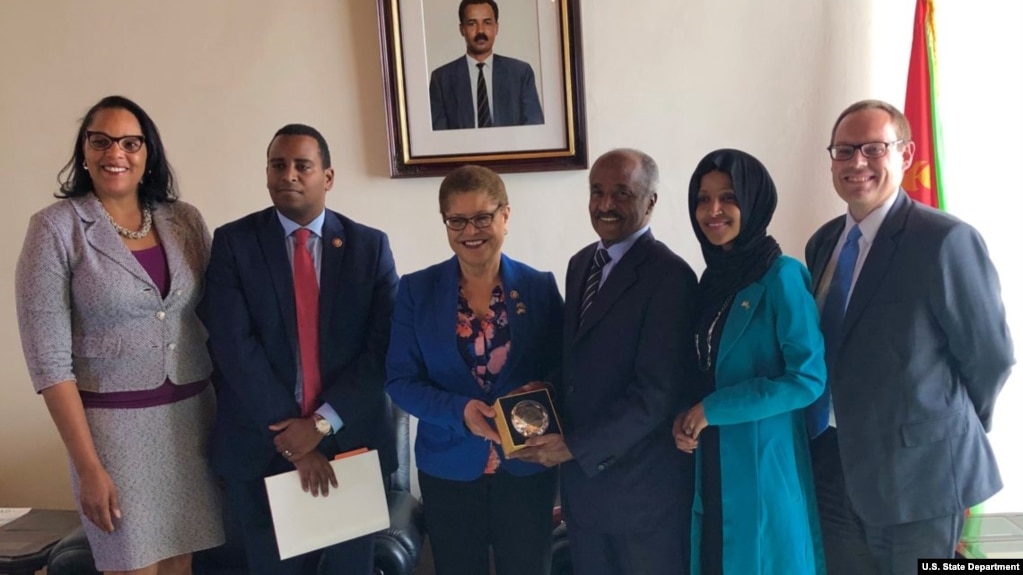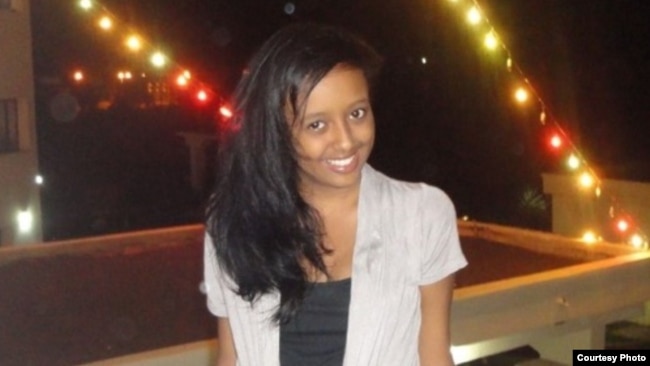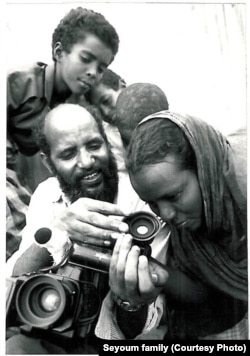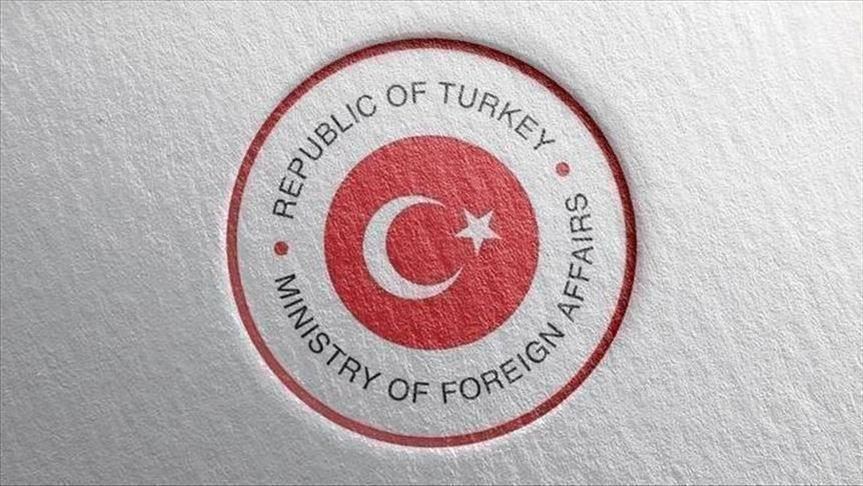Source: Mixed Migration Quarterly
Summary: Ending the “state of war” between Ethiopia and Eritrea has changed very little. The exodus from Eritrea continues, but they are not reaching Europe. Just 492 people arrived in Italy via the Central Mediterranean route, which is the route most frequently used by refugees and migrants from the Horn of Africa.
“As data shows that refugees and migrants from the region are still moving northwards towards Europe, this may suggest that increasing numbers are stranded along the way.”
 It was with much anticipation – following an announcement in June 2018 that Eritrea and Ethiopia had agreed to end the two-decade long “state of war” between the two countries and resume friendly relations, including the reopening of border points – that the humanitarian community expected to see a change in cross-border displacement dynamics.
It was with much anticipation – following an announcement in June 2018 that Eritrea and Ethiopia had agreed to end the two-decade long “state of war” between the two countries and resume friendly relations, including the reopening of border points – that the humanitarian community expected to see a change in cross-border displacement dynamics.
Forced military conscription, often justified by the Eritrean government as a necessary defence measure during the hostilities, remains one of the primary drivers of migration for both Eritrean children and adults. To date, the Eritrean government has not made any changes to the duration of national conscription and it remains as service for an indefinite period.
Renewed concerns have emerged surrounding reports that the EU is backing a road-building project that will use National Service conscripts, who critics argue are “forced labour” and are recruited for an indefinite period. The EU has stated that it will increase the pay rates of the national service recruits while still upholding their human rights.
While UNHCR projects that the Eritrean refugee caseload in Ethiopia will go down to 123,841 by the end of 2019 (from 173,879 at the end of 2018), figures in the final quarter of 2018 suggest that the opening of borders between the two countries actually resulted in an influx of Eritreans crossing over into Ethiopia with UNHCR approximating that the average daily rates of arrivals was 180 individuals – up from 50.
By the end of 2018, there were over 1,700 refugees registered at Endabaguna Reception Center awaiting transfer to the camps with an average daily rate of 390 individuals across all camps in Ethiopia. Family reunification was cited highly as one of the reasons for the influx, and anecdotal reports suggest that the high levels of arrivals have continued into the first quarter of this year.
Furthermore, interviews conducted with Eritrean refugees in refugee camps in northern Ethiopia indicate that a sizeable number of Eritrean youth arriving into Ethiopia opt to pursue onward movements from the camps to urban centres within, as well as outside of Ethiopia. In fact research indicates that the number of Eritreans crossing into Sudan has not reduced.
This is likely due to various reasons: the driving factors for migration for many Eritreans (forced conscription, political oppression) still remain; many Eritreans remain sceptical of the political changes between Ethiopia and Eritrea which some feel have not been transparent especially with rumours of security crackdowns in border towns; and the deterioration of living standards for many refugees living in over-populated camps in Tigray State.
Additionally, Sudan’s smuggling networks still remain operational and flexible allowing them to adapt to broader regional shifts including closure of old routes thereby making it easier for migrants to cross through.
The Government of Ethiopia continues to advance its ‘Out of Camp’ policy under the Comprehensive Refugee Response Framework which will seek to provide work permits to refugees, increase their enrolment in schools, provide access to irrigable land, facilitate local integration, earmark jobs in industrial parks for refugees and provide access to documentation to facilitate access to essential social services.
In addition to the continuation of factors that drive people out of Eritrea, this could be a pull factor for Eritreans to come to Ethiopia once rolled out. Meanwhile, government representatives from both countries held high level meetings in January 2019 to discuss the regularisation of trade and transport relations between the two States.
Arrivals in Europe & East African refugees and migrants in Libya
According to UNHCR, the total number of arrivals in Europe between January and March 2019 was 12,408 persons. Reports show that the number of irregular entries into the EU are at the lowest level in five years. Just 492 people arrived in Italy via the Central Mediterranean route, which is the route most frequently used by refugees and migrants from the Horn of Africa.
While a subdued level of movement is typical during the first quarter due to adverse weather conditions, this represents a significant drop in number of arrivals into Italy from 5,945 over the same period in 2018. Refugees and migrants from the Horn of Africa accounted for just 44 of the arrivals into Italy in the first quarter of 2019, representing less than 9 percent – a large difference from numbers at the peak of European sea arrivals in 2016, with more than 40,000 arrivals from the Horn of Africa.
As data shows that refugees and migrants from the region are still moving northwards towards Europe, this may suggest that increasing numbers are stranded along the way.
As at the end of March 2019, there were 8,728 Eritrean, 3,680 Somali, 1,252 Ethiopian and 156 South Sudanese refugees and asylum seekers in Libya. Measures by EU-supported Libyan coastguards to intercept and return boats departing from the Libyan coast and efforts to repatriate irregular migrants continued, possibly also contributing to the reduction in arrival figures in Europe.




![The art of revolution: What went right in Sudan and Algeria Sudan's President Omar El-Bashir and Algerian President Abdelaziz Bouteflika were ousted within two weeks of each other [File: AP Photo/Abd Raouf]](https://www.aljazeera.com/mritems/imagecache/mbdxxlarge/mritems/Images/2019/4/15/b612a04158c442398fe90a89bd0fedbf_18.jpg)




![Is political integration in the Horn of Africa possible? Eritrean President Isaias Afwerki, South Sudan's President Salva Kiir and Abiy Ahmed, prime minister of Ethiopia, attend a meeting in Juba, South Sudan on March 4, 2019 [Jok Solomun/Reuters]](https://www.aljazeera.com/mritems/imagecache/mbdxxlarge/mritems/Images/2019/3/21/95c721fa561c4c758c3ae9d33aca9e57_18.jpg)


 A photo taken on July 22, 2018 shows a general view of Old Massawa with the port and the train tracks that leads to the Eritrean capital Asmara.
A photo taken on July 22, 2018 shows a general view of Old Massawa with the port and the train tracks that leads to the Eritrean capital Asmara. 






 Eritreans living in the Netherlands are issuing a summons against the European Union for aid which they say will involve the use of forced labour in their home country.
Eritreans living in the Netherlands are issuing a summons against the European Union for aid which they say will involve the use of forced labour in their home country.
















